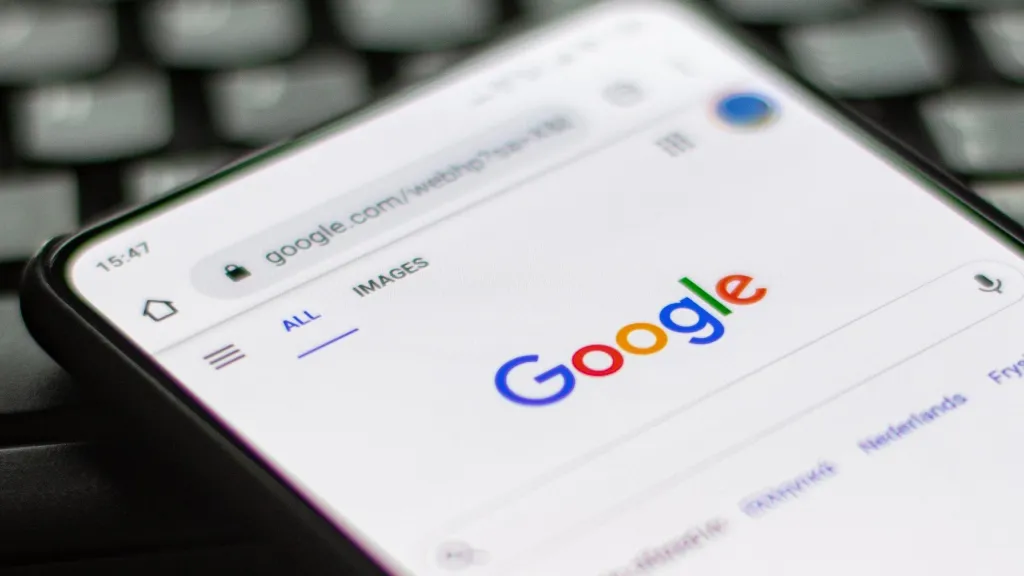Opening Scene
The Shift in Motion
For nearly two decades, the internet has had one front door, a white box and a blinking cursor beneath the word Google.
Every question, product, or idea began there. But in 2025, that certainty is starting to fade.
Statcounter data shows Google's global search share has slipped below 90%, a small percentage shift with seismic implications. For the first time since 2015, the gravitational centre of the internet is moving. And it's not moving to another search engine, it's moving to AI.
As conversational platforms like ChatGPT Search and Perplexity redefine what it means to look something up, discovery is becoming ambient, built into conversations, assistants, and even commerce itself. The result? Search is no longer a destination. It's becoming a distributed, intelligent network that finds you.
The Insight
What's Really Happening
Google's dominance has always been built on scale, trust, and habit. But those foundations are being quietly eroded by a convergence of behavioural, technological, and structural change.
- First, behaviour. The next generation of users isn't “Googling”, they're asking. Research from Fractl and Search Engine Land shows that 66% of 18–24-year-olds now use ChatGPT to find information, nearly matching Google's 69%. More than half of Gen Z users say they start their search journeys on TikTok, Reddit, or YouTube, spaces where discovery feels more human and less algorithmic.
- Second, technology. AI-native tools like ChatGPT Search and Perplexity are no longer fringe experiments, they're ecosystems. Perplexity's conversational model provides live source links and real-time citations, while OpenAI's Stripe integration, enabling direct shopping and payment within chat, turns discovery into decision. Users can now move from question to checkout without ever leaving the conversation.
- Third, structure. Antitrust scrutiny, ad fatigue, and Google's own AI Overviews have created a paradox. The better Google's summaries become, the fewer users click through, undercutting the publisher ecosystem that sustained the open web for decades.
Together, these forces are fracturing the old order of discovery. The web is no longer a list of ranked results, it's a mesh of personalised, conversational experiences stitched together by AI.
The Strategic Shift
Why It Matters for Business
For marketers, this is more than an SEO story. It's an existential shift in how audiences find and trust information.
When users rely on AI assistants to mediate their choices, your brand no longer competes for clicks, it competes for inclusion in the summary.
That changes the rules of visibility.
The new search landscape isn't about backlinks and metadata, it's about contextual credibility. AI engines prioritise sources that are clear, verifiable, and consistent across platforms. Your digital footprint, articles, reviews, FAQs, social posts, even schema markup, must now work in unison to signal reliability.
In this new environment, marketers should focus less on traditional SERP rankings and more on how their brand appears inside AI-generated answers. This is the age of optimisation for interpretation, not just indexing.
Some call this AI-optimised discovery, the discipline of ensuring your brand's data, content, and voice are recognisable and retrievable by AI models across multiple ecosystems.
It also makes diversification essential. Relying solely on Google is like building a house on rented land. With platforms like Perplexity, Bing Copilot, and ChatGPT capturing mindshare, marketers must monitor how their content performs across these emerging AI-native interfaces.
The future isn't one search box, it's many conversations.
The Human Dimension
Reframing the Relationship
For users, this shift feels natural. AI search doesn't ask you to think like an algorithm, it learns to think like you.
You no longer scroll through ten blue links. You ask, refine, and explore. You can even tell the AI your context, I'm on a budget, I'm buying for my kid, I hate subscriptions, and it remembers.
This creates a new kind of relationship between people, brands, and machines. It's not transactional; it's conversational.
For marketers, the traditional funnel is dissolving. Discovery, consideration, and purchase are merging into a single, dynamic exchange. When ChatGPT recommends a product and enables one-click payment via Stripe, the entire customer journey collapses into a single moment.
That's the real disruption: search becoming intent fulfilment.
If Google defined the age of information, AI search is defining the age of intention.
The Takeaway
What Happens Next
Search is being rewritten, not by a new competitor, but by a new paradigm.
AI search isn't stealing traffic from Google; it's changing what “traffic” means. Discovery is becoming decentralised, conversational, and embedded. For marketers and brand leaders, the response must be just as adaptive.
Here's what the next phase of strategy looks like:
- Map your invisible AI touchpoints. Identify where users already encounter your brand through AI intermediaries, from ChatGPT summaries to voice assistants, and ensure your data is accurate, coherent, and brand-safe.
- Optimise for comprehension, not clicks. Prioritise clarity, structured data, and consistency across every channel. AI engines reward coherence more than keyword density.
- Reimagine the journey. Design content and experiences for discovery within dialogue, where recommendations happen before search ever begins.
Because the next generation won't ask Google what to buy.
They'll ask their AI.
And if your brand isn't part of that conversation, it may not exist in the new search age at all.



